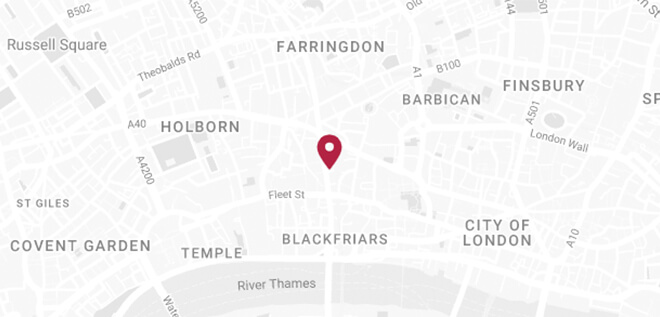1What’s different about Berkeley for our clients?
Clients can trust everyone at Berkeley to roll up their sleeves and get the job done. All too often I hear of other consultancies working in isolation to create some great slide-wear that sadly isn’t used because it doesn’t recognise the client's real-life challenges. At Berkeley, we are often embedded into client teams, working with them to overcome their biggest challenges.
Another key differentiator is that every individual at Berkeley has a large depth and breadth of experience but if we don’t have the precise skillset required then we will help the client find it – within their own team or with a third party. We won’t push for roles that are better served by others.
2What’s the most important thing you learned at Berkeley?
If you don’t know the answer, find the person who does. A lot of time can be wasted muddling through or reinventing the wheel, but we are very transparent about knowledge sharing. I’ve worked across many industries and seen very similar challenges where I can apply standard tools and techniques to resolve issues. However, sometimes there are challenges that are very specific to a particular client. Working with the client, other folk at Berkeley, or even third parties to quickly find the right answer is key.
Transparency with the client is critical too. It doesn’t help either party if risks and issues aren’t communicated early – even if they are being managed. Consultants at Berkeley have regular sessions with at least one partner to discuss ongoing challenges and we make sure that there is a plan to resolve them, which is shared with the client as soon as possible.
3Why did you become a management consultant?
Problem solving has always been my passion and I didn’t like the thought of being restricted to a niche field of expertise too early in my career. I wanted to keep my options open and management consultancy appeared to give me that freedom. After a few years, you inevitably begin to specialise but I’ve been lucky enough to keep a wide range of clients in multiple sectors and countries.
I studied engineering at university and while it was a hard decision to move away from the hands-on activities, I wanted to understand how businesses work and see how my skills could apply in a different context. Consultancy also offered me the chance to work with some of the most interesting firms in the world – for example I worked in Australia for 18 months on a global defence project.






